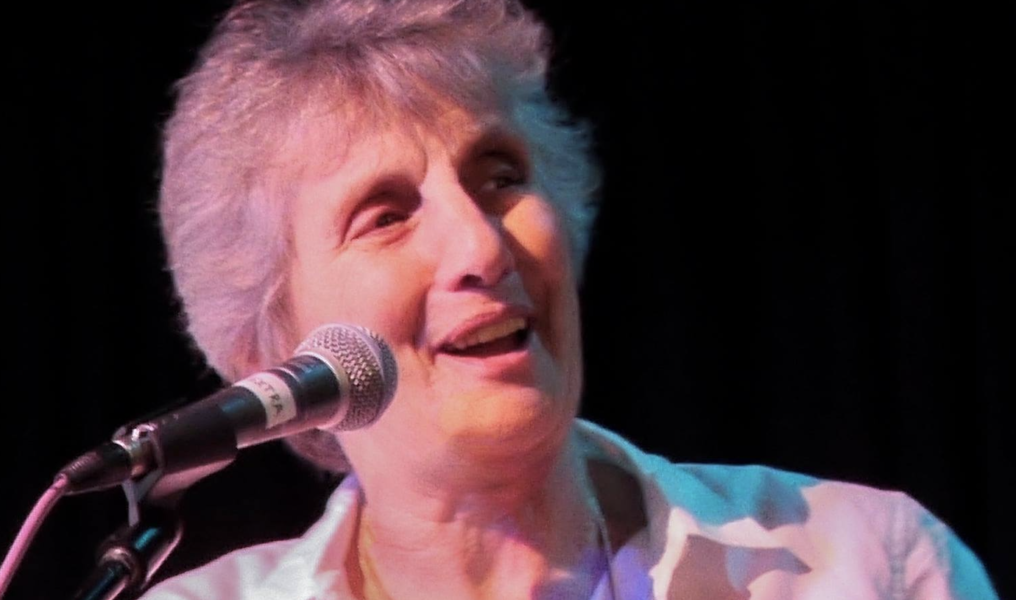August 16, 1940 – May 19, 2021
Alix Dobkin, an indisputable legend in women's music and longtime lesbian activist, died May 19 after suffering a brain aneurism and subsequent stroke. She was 80.
Dobkin was born New York and raised in Philadelphia and Kansas City by Jewish Communist parents. She would recount the experience in her 2009 autobiography "My Red Blood: A Memoir of Growing Up Communist, Coming onto the Greenwich Village Folk Scene, and Coming Out in the Feminist Movement," which was released by the now-defunct Alyson Books.
Dobkin graduated from Germantown High School in 1958 and the Tyler School of Art with a bachelor's degree in fine arts in 1962. After college, Dobkin returned to New York and got busy making a name for herself on the folk music scene in Greenwich Village. In 1965, Dobkin married Sam Hood, who ran the Gaslight Café — a popular coffee shop and historic venue for musical acts. The couple then moved to Miami to open up the Gaslight South, but they only stayed for a few years before moving back to New York. Their daughter, Adrian, was born in 1970 and, shortly after, Dobkin left her marriage and came out as a lesbian.
Dobkin released her first album, "Lavender Jane Loves Women," in 1973. On the biography page of her website, alixdobkin.com, Dobkin called the album "the very first album by, for and about lesbians in the history of the world," predating Cris Williamson's pivotal "The Changer and the Changed" by two years. Through the years, Dobkin released several albums and, in addition to her autobiography, a songbook and extensive collection of writings contributed to various publications. She also toured Europe and was credited as the first out lesbian singer to do so.
However, as lauded and notable as Dobkin's career was, it was also controversial and blatantly anti-transgender. She sought to created women-only spaces where trans women were not invited and insisted on singing for cisgender women only.
"For over 20 years, men have declared themselves 'women,' manipulated their bodies and then demanded the feminist seal of approval from survivors of girlhood," she wrote in a letter to the National Center for Lesbian Rights. "[My lyrics] are not 'oppressive' but refer to those of us who have a girlhood and a clitoris and no one else."
Williamson, Dobkin's contemporary, remembered her fellow women's music icon for Between The Lines like this.
"She embodied all that was the best about being a Lesbian: she was a musician who wrote about her love for women and all that that meant to so many. She was political in her personal stand, in her strength as she lived her life, as she turned always toward the facing changes, brave and strong and true."
Still, it might be Dobkin who summed up her own life and career the best.
"Over the last 25 years I have traveled to hundreds of women's communities in this country and many others," she wrote in a self-written, undated biography on her website. "It has been my privilege and pleasure to gather elements of our common culture and to create a body of stories, songs, observations, and opinions, to share with you. They honor and reflect our unique feminist style, substance, issues and values."











